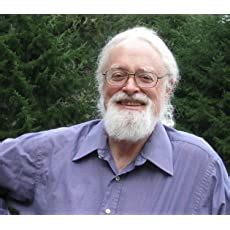A Quote by Peter Maurer
Torture can destroy the social fabric of communities, degrade a society's institutions, and undermine the integrity of its political systems.
Related Quotes
Major efforts have to be undertaken to bring the general public to understand the real reasons for their plight, and the possibilities for radical social and political change to construct meaningful popular control of all institutions - in communities, in the workplace, in the larger society, and on to the international order.
Capitalism is a system in which the central institutions of society are, in principle, under autocratic control. Thus, a corporation or an industry is, if we were to think of it in political terms, fascist, that is, it has tight control at the top and strict obedience has to be established at every level. [...] Just as I'm opposed to political fascism, I am opposed to economic fascism. I think that until the major institutions of society are under the popular control of participants and communities, it's pointless to talk about democracy.
Shouldn't the American leadership be addressing what is happening in America, with its domestic policies on racism, discrimination, illegal monitoring, solitary confinement, torture, Guantanamo Bay and any other social and political issues related to the American society not directly connected to Islam? American Muslims must speak out and be involved as well in international policies and, through their institutions, they should raise their voice. This is the way you serve the community.
Political philosophy is realistically utopian when it extends what are ordinarily thought to be the limits of practicable political possibility and, in so doing, reconciles us to our political and social condition. Our hope for the future of our society rests on the belief that the social world allows a reasonably just Society of Peoples.
[T]here are, at bottom, basically two ways to order social affairs, Coercively, through the mechanisms of the state - what we can call political society. And voluntarily, through the private interaction of individuals and associations - what we can call civil society. ... In a civil society, you make the decision. In a political society, someone else does. ... Civil society is based on reason, eloquence, and persuasion, which is to say voluntarism. Political society, on the other hand, is based on force.
In its pursuit of justice for a segment of society, in disregard of the consequences for society as a whole, what is called 'social justice' might more accurately be called anti-social justice, since what consistently gets ignored or dismissed are precisely the costs to society. Such a conception of justice seeks to correct, not only biased or discriminatory acts by individuals or by social institutions, but unmerited disadvantages in general, from whatever source they may arise.



































